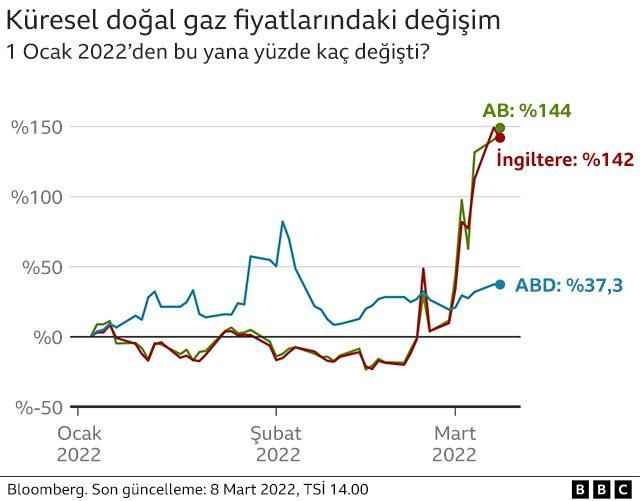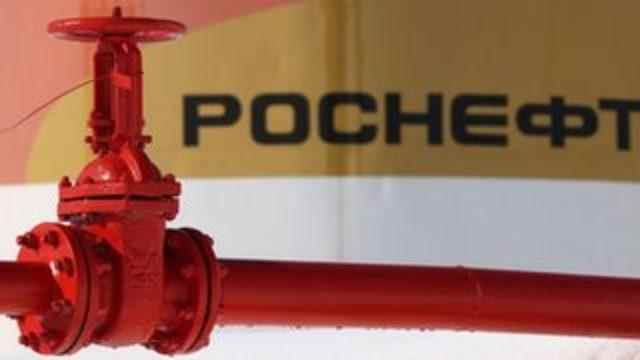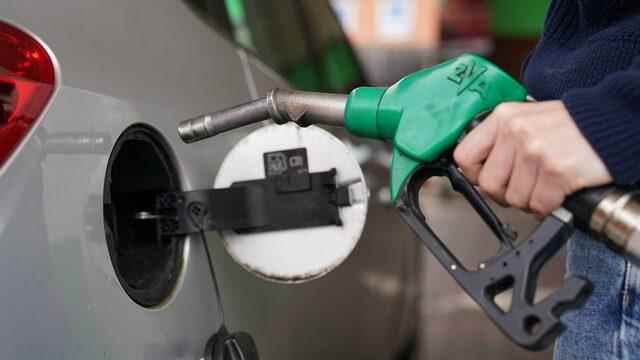While the USA and England decided to ban the oil by taking the economic reactions against Russia one step further against the invasion of Ukraine, the European Union announced that it would break its dependence on Russian natural gas.
US President Joe Biden said the move targets “the lifeblood of the Russian economy”.
Energy exports are a vital source of income for Russia, but these steps will likely affect Western consumers as well.
Meanwhile, the withdrawal of major international chains and brands from Russia continues. Finally, McDonald’s and Coca-Cola announced their withdrawal from Russia.
The economy of Russia, which is the third largest oil producing country in the world after Saudi Arabia and the USA, is heavily dependent on the energy sector.
Before the measures were announced, Russia said the global economy could face devastation and said it could shut down the main pipeline carrying natural gas to Germany.
After the invasion of Ukraine began, oil prices in the US and UK have already climbed to record levels and may rise even higher.
But Venezuela can increase production to replace Russian oil.
Reinaldo Quintero, head of the association representing Venezuelan oil companies, told the BBC the country could increase production by 400,000 barrels per day.
“With our current infrastructure, we can now reach 1 million 200 thousand barrels per day. This allows us to meet some of the needs of the North American market,” he added.
Russian oil ‘no longer acceptable’
The new moves announced by President Biden are the result of pressure from both parties that dominate the US political scene to target the Russian economy with stronger measures.
“We ban all imports of Russian oil and natural gas and energy,” Biden said.
“This means that Russian oil will no longer be able to enter US ports and the American people will deal another powerful blow to Putin,”
Biden admitted that this step would “cost a lot” for his country as well, adding that they took the decision in consultation with the allies.
By taking a similar step, the UK decided to reduce the purchase of petroleum products from Russia to zero by the end of 2022.
Prime Minister Boris Johnson acknowledged that this decision would not immediately affect Russia in the short term, but said, “The effect will add to the already increasing pressure on Russia. Also, don’t forget the enormous economic impact of the UK-led sanctions.”
About 9 percent of U.S. imports of oil and processed petroleum products come from Russia. Britain, on the other hand, gets about 6 percent of all its oil needs from Russia.

EU aims to reduce dependency on Russian gas
But the European Union is much more dependent on Russian energy, and therefore the measures announced by the EU do not include an import ban.
Instead, the European Commission announced a target to break the bloc from dependence on Russia for energy in the medium term, and stated that it would aim to de-depend on fossil fuels from Russia “before 2030”.
“We’re not saying it’s going to be an easy thing here,” said Frans Timmermans, Vice-President of the European Commission.
“But at the same time, I strongly believe we have to do it even if it’s not easy, even if it’s very difficult, because it’s also a matter closely related to our security,” he added.
Counter-steps from Russia: Bans on export
The Russian government, on the other hand, announced that it decided to ban the export of some products and raw materials after these statements.
It is understood that the studies on exactly which goods will be banned are still continuing, but Russia is one of the leading countries in the world, especially in grain and mineral exports.
Even countries that are not very dependent on Russia in the energy sector will not be able to avoid the effects of the bilaterally announced sanctions and measures, because it seems inevitable that all these measures will increase the already increased prices of many products.
Rapidly rising inflation in the USA, EU and UK also increases the pressure Western countries are facing at home.
After the invasion of Ukraine started, new ones are added to the long list of economic sanctions against Russia with the decisions about the energy sector.
As part of the sanctions decisions taken so far, the Russian Central Bank’s assets abroad were frozen, Russian banks were excluded from global payment systems, and Germany suspended the Nord Stream 2 pipeline, which was built to get more natural gas from Russia to its country – and is in the process of approval. took.
But the sale of fossil fuels and by-products still provides a revenue for Russia, despite all the sanctions and financial restrictions.

